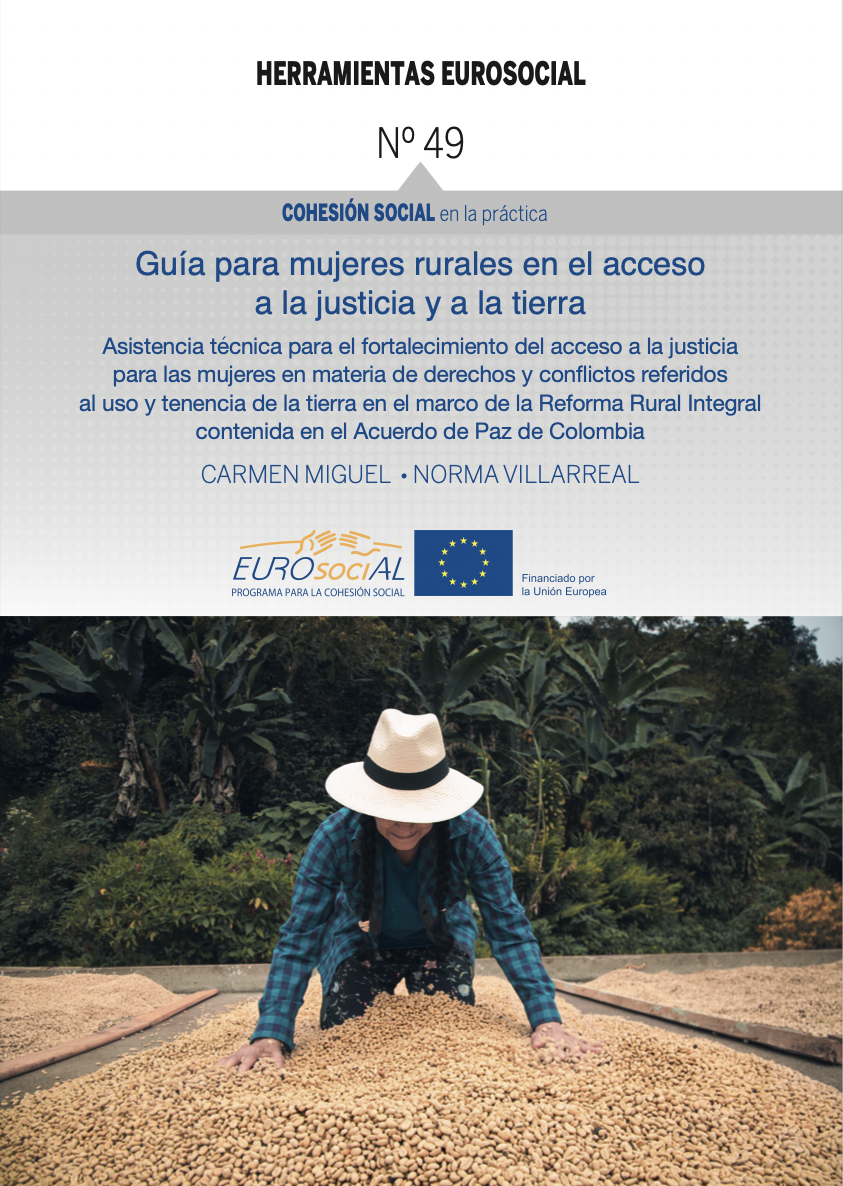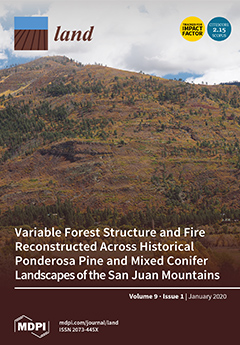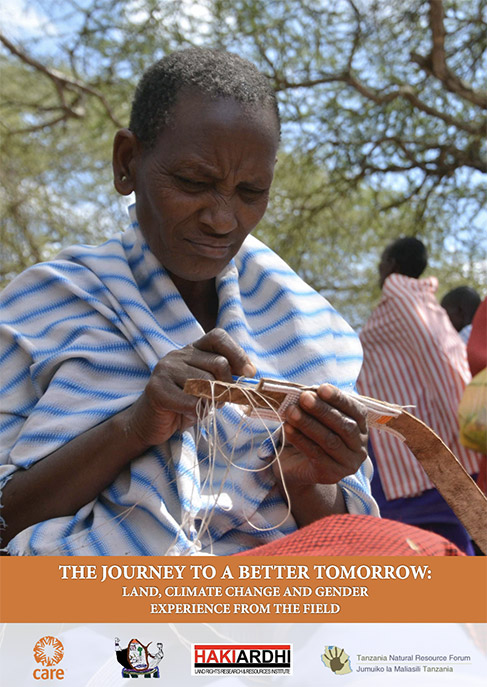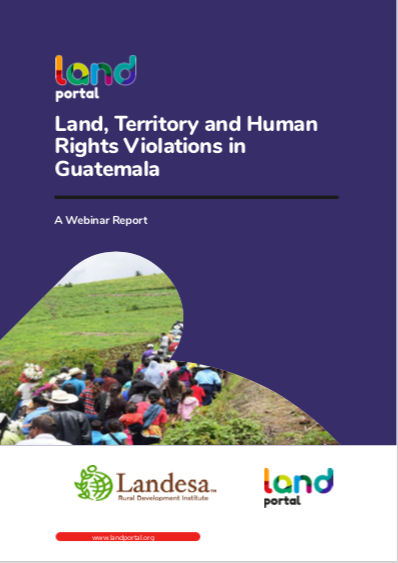Protecting the Land Rights of Women through an Inclusive Land Registration System: The Case of Ethiopia
Land is owned by the state and peoples of Ethiopia. Rural farmers and pastoralists have landholding right which contains bundle of rights. Women have equal right to fully use their landholding. Ethiopia has implemented a first level land certification (FLLC). Despite the achievements of the FLLC, gaps were identified especially as regards to local participation throughout the certification process. Ethiopia is currently implementing Second Level Land Certification.







